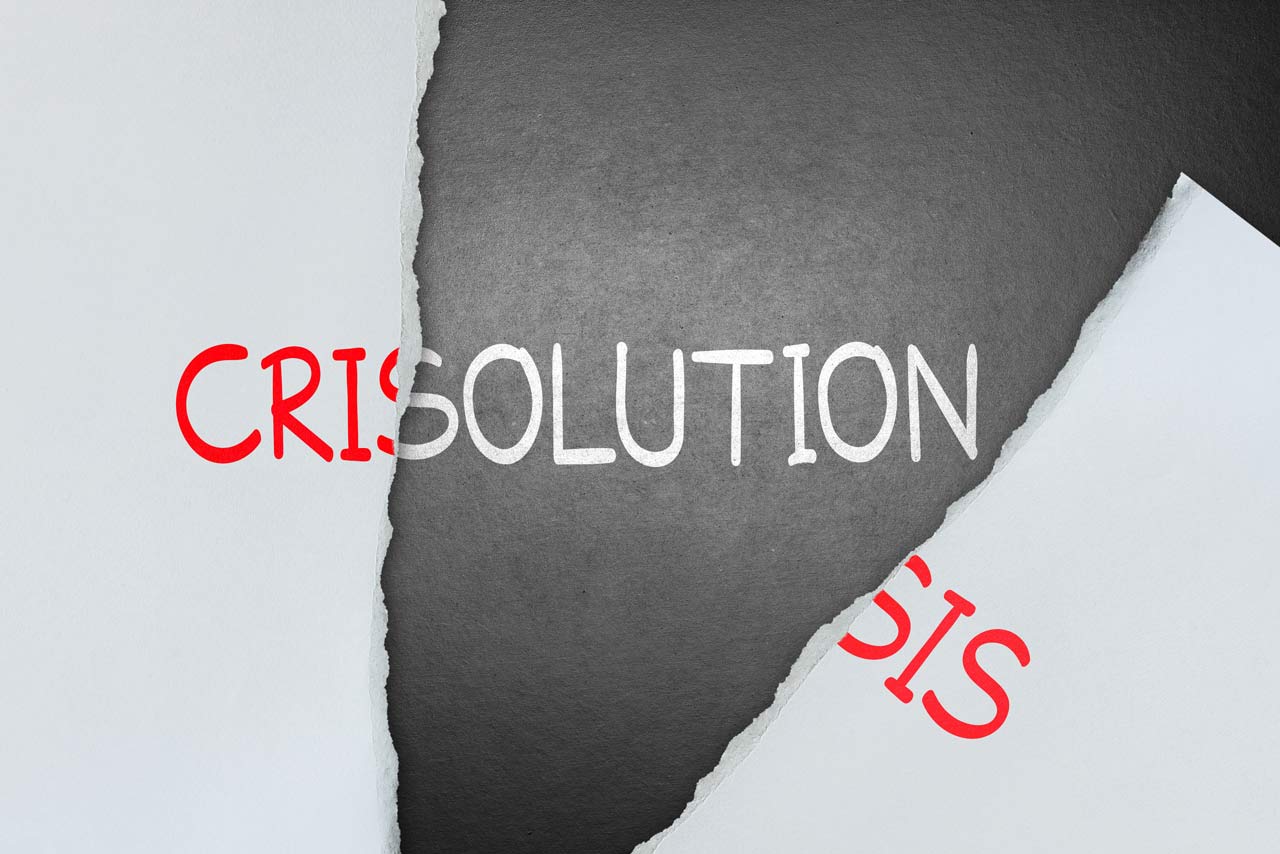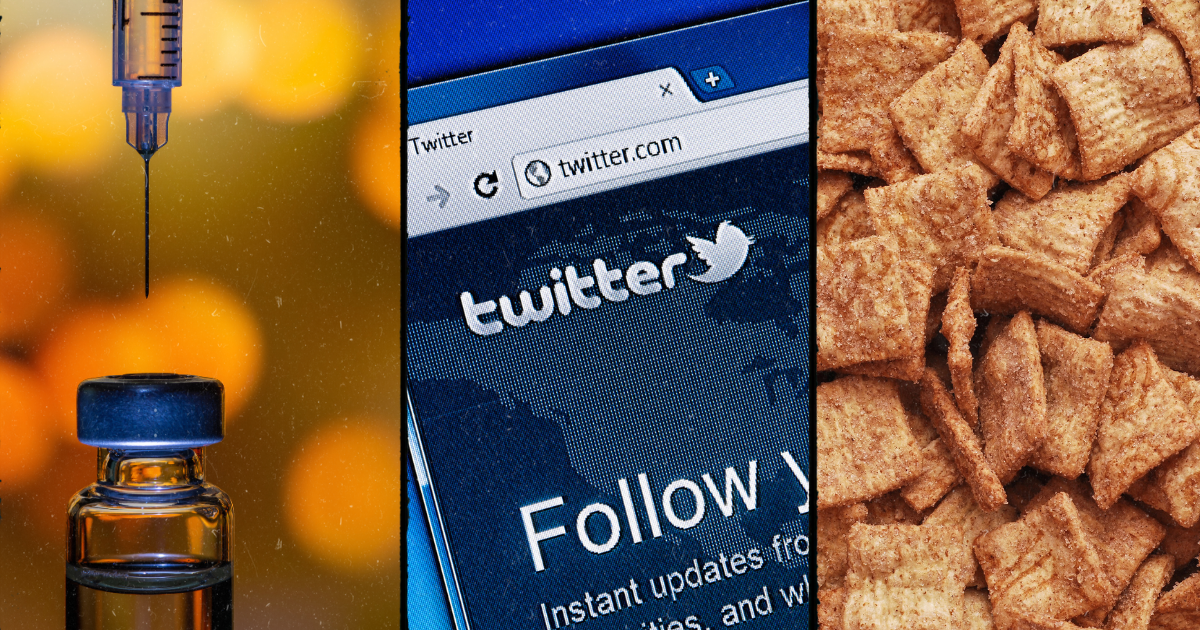Mastercard’s World Cup own goal and what it means for your crisis plan

A credit card company creates a campaign to donate tens of thousands free meals to starving children.
What could possibly go wrong?
And why on earth are we even talking about this in a crisis management blog?
Read on!
It is illuminating to the times we live in and the nature of the modern crisis, that the Mastercard promotion was dropped in early June just a few days after it was launched on the company’s Latin American Twitter feed.
The mechanic of the deal was that every time two of the world’s top soccer players, Lionel Messi of Argentina and Neymar Jnr. of Brazil, scored a goal in the World Cup, which begins on June 14th, Mastercard would donate 10,000 meals.
The reaction on social media was brutal.
The British newspaper, The Independent, reported that among comments by online critics were:
“This is absolutely disgusting.”
“If you’ve got the money @Mastercard, just give it away anyway.”
“The World Cup that became known as the Hunger Games.”
To give Mastercard its due, it replaced the soccer promotion with a commitment to donate 2m meals in 2018 as part of its wider partnership with the United Nations World Food Group.
This is just the latest example of the evolving nature of crises in the digital age.
In addition to all the long-standing risks such as extreme weather, cyber leaks and product malfunctions, the newer form of risk draws from social, cultural and political trends and the power of social media to whip up a brand-damaging storm of controversy in a matter of hours.
The risk is greater because of heightened expectations among consumers that brands must be held accountable for their contributions to the greater good.
Ironically, in the same week that Mastercard was forced to drop its World Cup promotion, a new survey from the PR agency, Cone/Porter Novelli, revealed that 79% of Americans say they are more loyal to purpose-driven brands (ones that make a clear contribution to society) and 73% are more willing to defend such brands.
However, it’s not just WHAT you do as a brand to make the world a better place, it's also HOW you do it.
How would your organization be able to react if you were the subject of a social media inspired storm of criticism about your product or marketing?
The chances are that if your plan is more than two years old, it would not be effective in dealing with a digital age crisis.
That’s why your crisis plan probably needs a serious update.
It must include:
- Scenarios and plans that embrace the nature of modern crises.
- Technology that allows a crisis response to be accessed and activated instantly.
- Resources to monitor digital media, data and analytics tools and owned-social media platforms to fight back.
How is your crisis plan looking?










